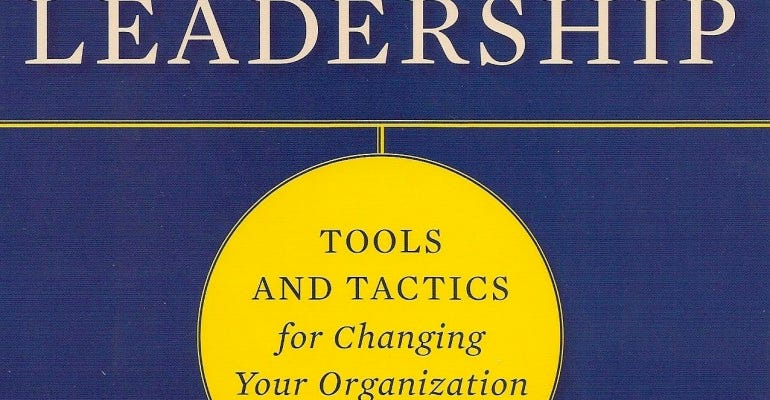Making Beautiful Music
Continuing thoughts from my studies in Educational Leadership. Forgive the book report, but that's what it is (though hopefully more "reflective"):
“How you are tuned is another default setting in the system that is yourself. Each person is like a stringed instrument, tuned in a slightly different way from everyone else. As you go through life, your strings resonate with the environment based on your own particular tuning. Your tuning derives from many different things: your childhood experiences, genetic predispositions, cultural background, gender, and loyal identifications with various current and historical groups. Your tuning in your professional life may also be affected temporarily or long term by what is happening in your personal life.” The Practice of Adaptive Leadership, p. 195
“Your sin ignites the sin in me.” Bill Thrall in The Ascent of a Leader
Reading in chapter 15, I really liked and “resonated” (pun intended) with the metaphor of people being stringed instruments. I also really appreciated the admonishment to be more aware of our individual “tuning” so as to be more capable of discerning what’s going on in us and in others when tension and conflict emerge.
Contagion of sin fascinates me: passages in Psalms and Proverbs promise our sin will pass down to third and fourth generations, but we also pass on sin to those in the same generation (and often the same room). “Sin migration” intrigues because, though sad, it’s so tangible to watch. My vibrating strings cause others’ string to vibrate for good or ill (and vice versa) – sometimes we make beautiful music together; other times, not so much.
I liked how the authors talked about how vibrating strings “may prevent you from seeing the situation more fully and may inhibit you from responding in productive ways” (199). I apply this idea when, over a period of a few hours or even days, I can get worked up over something that someone else’s additional vibrations playing along inflame by adding to the noise. This is why gossip and slander are so dangerous for me, and why I do my absolute best to try to avoid them – they can vibrate all too easily in my own mind and heart.
I also liked how the authors said that “the more finely tuned your strings become over time, the more you are at risk of seeing the things happening in the environment you are sensitive to, even when they are not there” (199). As a very high intuitive, I’ve caught myself responding to a lot of string vibrations that either weren’t vibrating as loudly as I perhaps thought they were, or sometimes even at all. Combine my high receptivity with a high moral (at times, moralistic) perspective, and I can die on a hill for just about anything in minutes. (It’s hard to lead people when you’ve died before the battle begins.)
This leads to the third point I really appreciated: “When others know how you are tuned, they have more power to entice you to partner with them to support their own interests or to derail you from yours” (199). This could also be translated as “pulling one’s chain,” or in the authors’ language, “plucking one’s strings.” I wouldn’t say I’ve fallen prey to others too often in this, but that has more to do with the quality of character and trust of those around me more than anything.
As the authors note, our greatest strength is often our greatest weakness. My intuition can easily be an Achilles Heel in the hands of others with different motives other than love. Thankfully, those around me recognize who I am and how I think; they love me by not trying to stifle or manipulate my intuitive sense, but at the same time, they help keep it in perspective by trusting me with their need and desire for it. There's nothing like someone looking you in the eye and depending on you to keep you honest.




